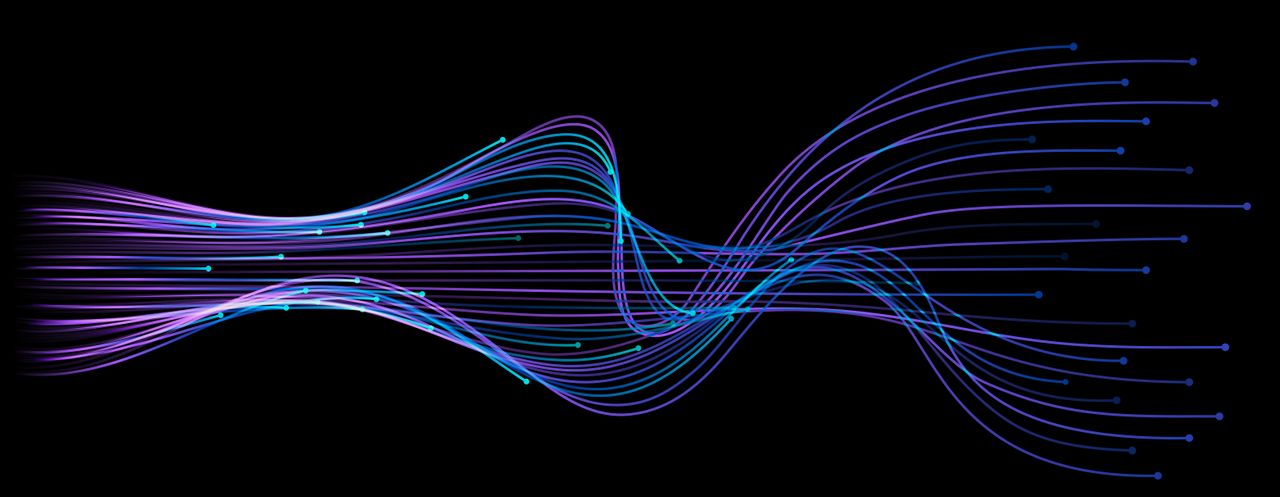AI-LEAP is a new Australia-based conference aiming at exploring Artificial Intelligence (AI) from a multitude of perspectives: Legal, Ethical, Algorithmic and Political (LEAP). It draws broadly on computer science, social sciences, and humanities to provide an exciting intellectual forum for a genuinely interdisciplinary exchange of ideas on what is one of the most pressing issues of our time. Gradient Institute is proud to be participating in organising the first edition of this conference, which will take place in Canberra over 1-3 December 2021 at ANU
The challenge to deepen the understanding of data and AI, so that we can design sociotechnical systems that uphold our values as political communities. To do this, we cannot rely on any one disciplinary approach; we must bring together scholars from fields including computer science, digital media studies, law, philosophy, political science and sociology, as well as many others, to tackle the question of how to understand how data and AI now shape our world, and how to design sociotechnical systems that shape it for the better.
During its inaugural year, AI LEAP will bring together the burgeoning Australasian community in this field, and will highlight exciting new research being undertaken by Australasian scholars (indeed, anyone in our travel bubble in December). It will be an in-person conference (touch wood). The program for the 3-day conference will include presentations by authors of our accepted papers, two keynotes, panels to bring together different disciplinary perspectives around a single topic and two social dinners.
We are seeking papers on any topic related to AI: Law, Ethics, Algorithms and Politics. We are methodologically and substantively inclusive. The call for papers is out with a deadline on 4 October 2021.
Topic areas for contributions:
- Empirical research into the impacts of AI systems.
- Evaluative research into AI impacts.
- Evaluative research into the goals at which we should aim when redesigning AI systems.
- Technical research into the representation, acquisition, and use of ethical knowledge by AI systems.
- Proposal and/or evaluation of technical methods for realising evaluative goals.
- Proposal and/or evaluation of sociotechnical methods for realising evaluative goals.
- Proposal and/or evaluation of legal and regulatory approaches for realising evaluative goals.
Find out more about the call for papers.
